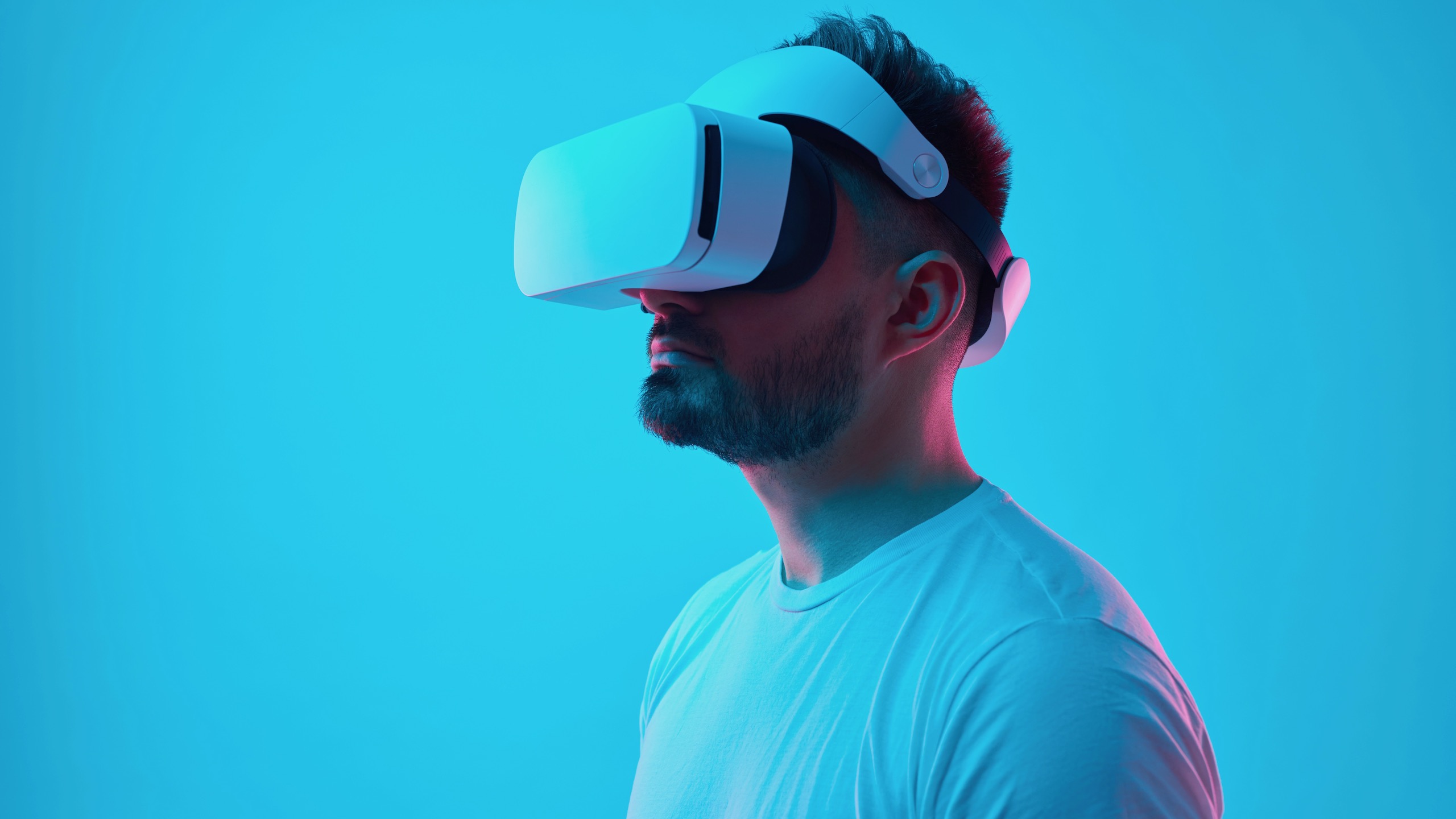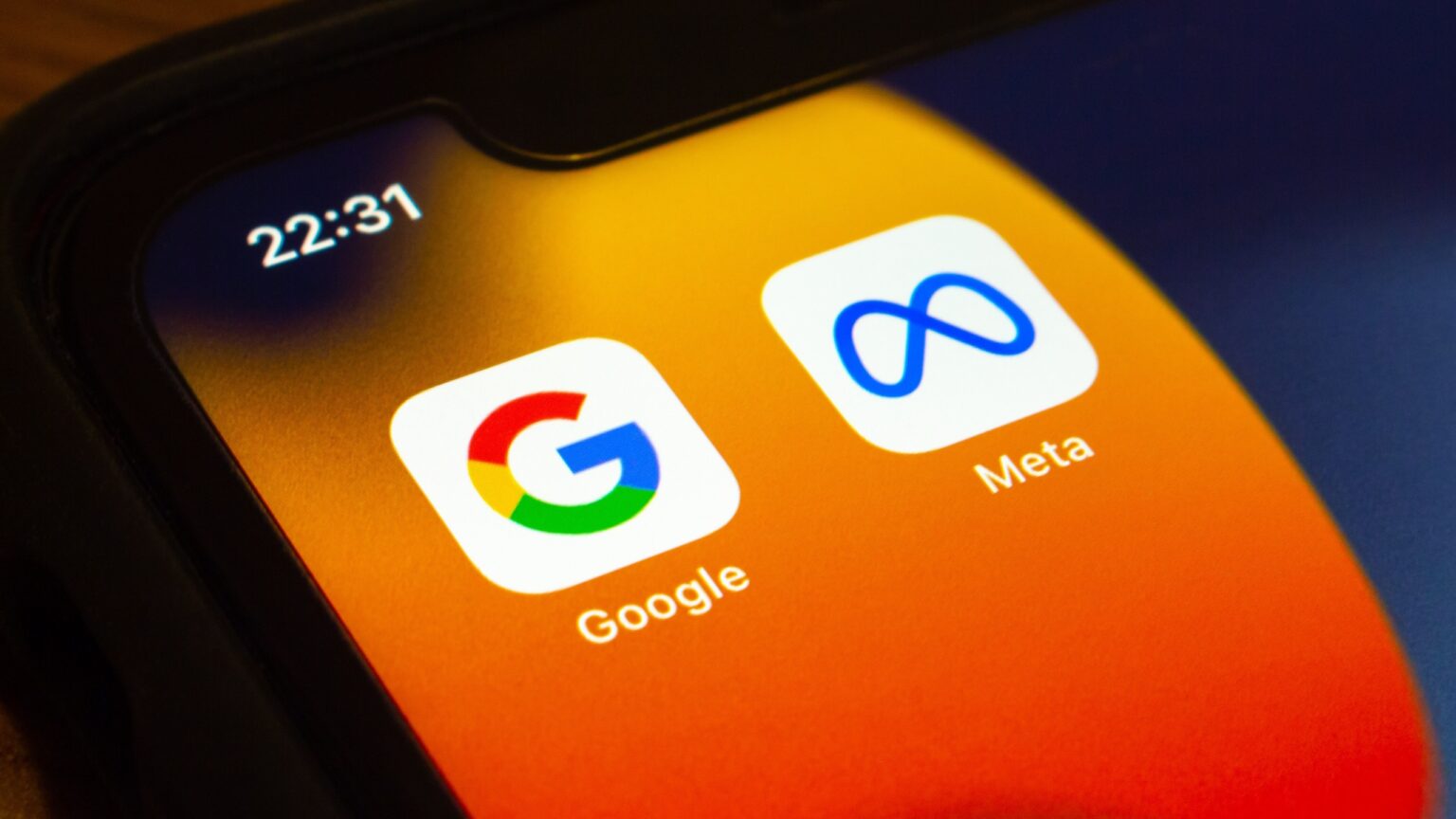Google accused Meta Platforms of “fragmenting” the metaverse ecosystem after Meta refused to work with Google in developing virtual reality and augmented reality technology.
Late last year, Google pitched Meta about partnering on a new software platform that it is developing in virtual and augmented reality, called ‘AndroidXR,’ The Information reported this month.
The Facebook-owner rejected Google’s collaborative advances, preferring to go it alone, the report says.
Also read: Zuckerberg: ‘Our Metaverse Brings People Together, Apple’s Keeps Them Apart’
Meta deflects blame to Google
Posting on Threads, Meta chief technology officer Andrew Bosworth responded to the report from The Information, revealing some details on why Google’s proposal failed to find currency with Meta executives. The news was first reported by Politico.
“After years of not focusing on VR or doing anything to support our work in the space, Google has been pitching AndroidXR to partners and suggesting, incredibly, that WE are the ones threatening to fragment the ecosystem when they are the ones who plan to do exactly that,” Bosworth wrote.
Bosworth said Meta “would love to partner” with Google, but only on its own terms. He laid out what those terms could look like.
“They [Google] could bring their apps to Quest [Meta’s range of VR headsets] today! They could bring the Playstore (with its current economics for 2D apps) and add value to all their developers immediately, which is exactly the kind of open app ecosystem we want to see,” he said, adding:
“Instead, they want us to agree to restrictive terms that require us to give up our freedom to innovate and build better experiences for people and developers.”
Meta CEO Mark Zuckerberg has keen interest in building the metaverse, a virtual world where people can work, play, and meet. As part of that strategy, he renamed Facebook to Meta and set sights on VR and AR as the next big thing in technology.
Virtual reality headsets are primarily designed for immersive experiences, including games and virtual sports. People use VR hardware like Meta’s Quest 3 to access the metaverse.
As Politico reports, Google turned to Samsung after the Meta snub. Samsung’s upcoming headset, which directly competes with Quest 3, will be powered by Google’s new Android extended reality (XR) software. The move comes as the VR market heats up following the recent launch of Apple’s Vision Pro headset.

Dropping the ball
Meta and Google are working together in the Metaverse Standards Forum to establish standards for interoperability in the sector, and Meta even uses Google’s open-source operating system. But their approaches to building metaverse technology appears to differ.
Meta’s decision to reject Google’s proposal suggests the company might be looking to follow Apple’s established closed development system, which dates back to the PC, in building its virtual and augmented reality technology, according to observers.
Former Google project manager Bilawal Sidhu wrote on X, formerly Twitter, that the virtual reality rivalry echoes the period when the smartphone, as pioneered by Apple, was still in early development.
“If Meta + Google partnered up on AndroidXR — it’d be a force to be reckoned with, preventing ecosystem fragmentation that usually benefits Apple,” Sidhu said.
“[But] the desire to own as much of this emerging platform is simply too strong. Zuck dropped the ball on mobile, and he won’t let that happen again,” he added.
The brickbats are flying from everywhere. Recently, Zuckerberg criticized the Vision Pro, saying the absence of motion blur on Quest 3, coupled with its lower price, places his company’s virtual reality headset in a better position to outperform Apple’s.
The Facebook billionaire has also said in the past that Meta’s vision for the metaverse is “fundamentally social,” while Apple’s vision seems to be more focused on individual use.
“Our vision of the metaverse and presence is fundamentally social and about people interacting and feeling closer in new amazing ways. By contrast, every demo Apple showed was someone sitting on a couch by themselves,” Zuckerberg said when Apple first showcased its device in June last year.









 and then
and then